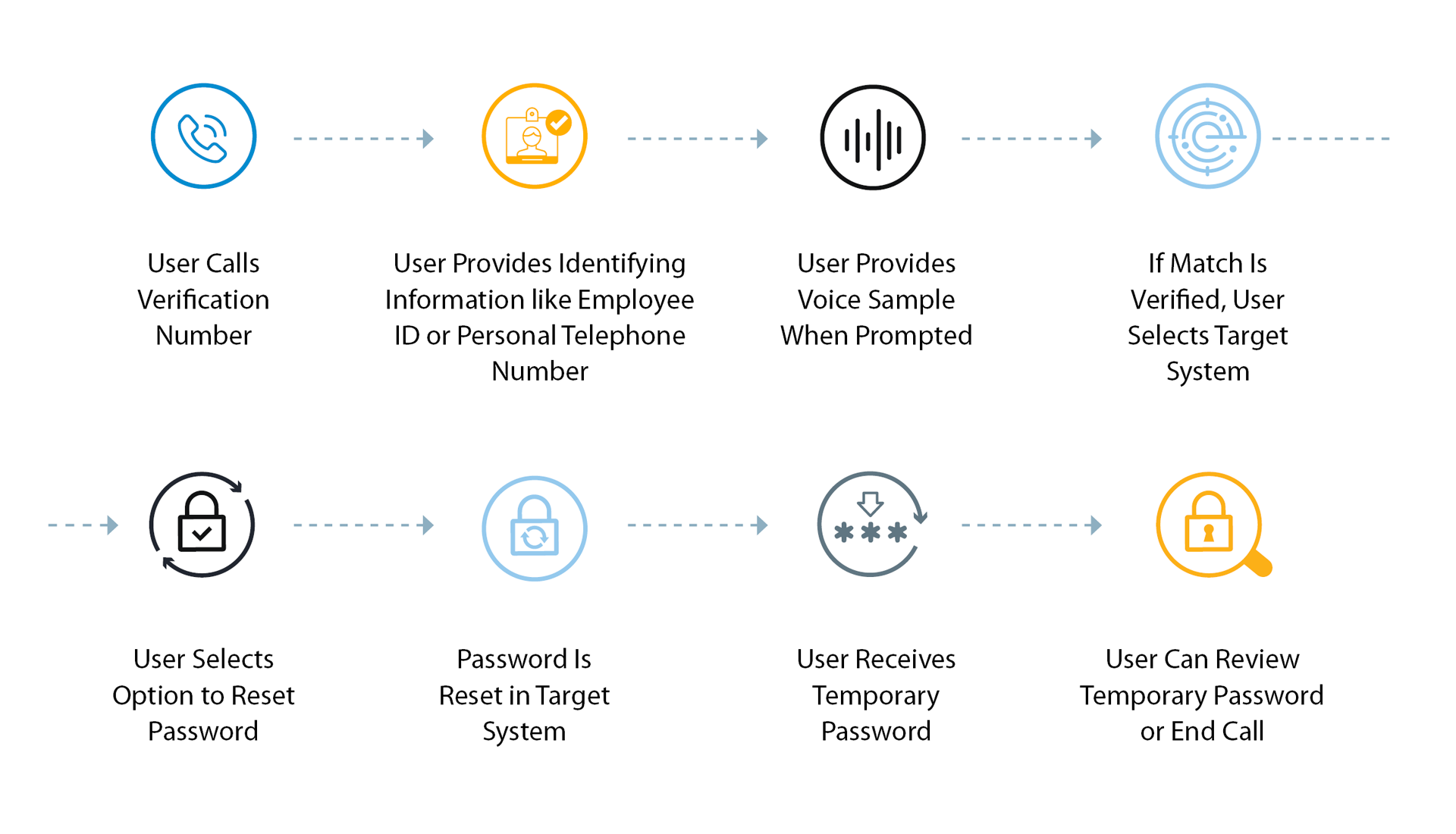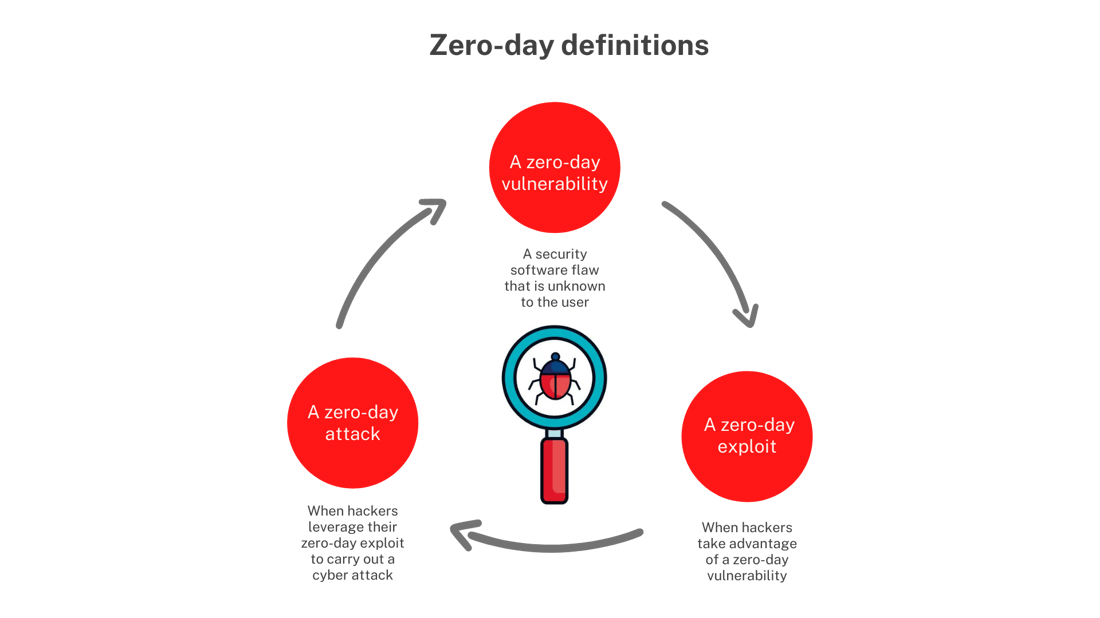Production Music Careers
 Pursuing a career in production music can be a daunting task. Beyond the years of formal musical training and hands on experience, one must be prepared to work in a highly competitive and sometimes not-very-lucrative field. Whether you’re considering a change of pace, or looking to move forward on your career plans, here are some tips to help you in your music career.
Pursuing a career in production music can be a daunting task. Beyond the years of formal musical training and hands on experience, one must be prepared to work in a highly competitive and sometimes not-very-lucrative field. Whether you’re considering a change of pace, or looking to move forward on your career plans, here are some tips to help you in your music career.
1) Get as much education as you can possibly stand. This piece often gets overlooked by musicians because of the stigma artists place around higher education institutions and their effect on creativity. However, there is no substitute for formal training on your instrument and in your craft. The more knowledgeable you are, and the better your skills, the easier finding work will be.
2) Get hands-on. If you can afford it, buy gear. Play with computers. Play with digital instruments. If you’ve gone through the process of bettering your education and formal training, do the same for practical application. Record other musicians, record yourself, and practice, practice, practice. Get familiar with your gear, and use it every day. Playing a sequencer is just as much an art form as playing a guitar, and both require hands-on practice. Produce a production music track every day and build up your library of composition ideas.
3) Network. Networking with other production music professionals is a must. Go to meet ups through your alumni association. Join film production associations. Go to music and composition meet ups groups. Sign up for mailing lists, and discussion groups on social media sites. Do whatever you can to meet as many contacts as possible.
4) Listen. Listening to other artists is crucial, as is being able to listen to the needs of your clients. Listen to how they talk, to how they describe music, to how they interpret things like emotion, tempo, feel. You’ll need to be an expert not only musically, but also as a translator from concept to score.
5) Be persistent. Rome wasn’t built in a day, and neither will your career be. Handle rejections gratefully, and move on. Keep sending demos, regardless of the outcome, but be sure to take heed of constructive feedback and criticisms. Always be looking for ways to improve your product and presentation, and keep at it. With time and perseverance, your hard work will pay off.
6) Be prepared. Production music careers are not for the faint of heart. Be prepared for days of low to no income, and either have the financial resources to back up your switch up front, or consider working a part time job to make ends meet while you move your career forward.
































